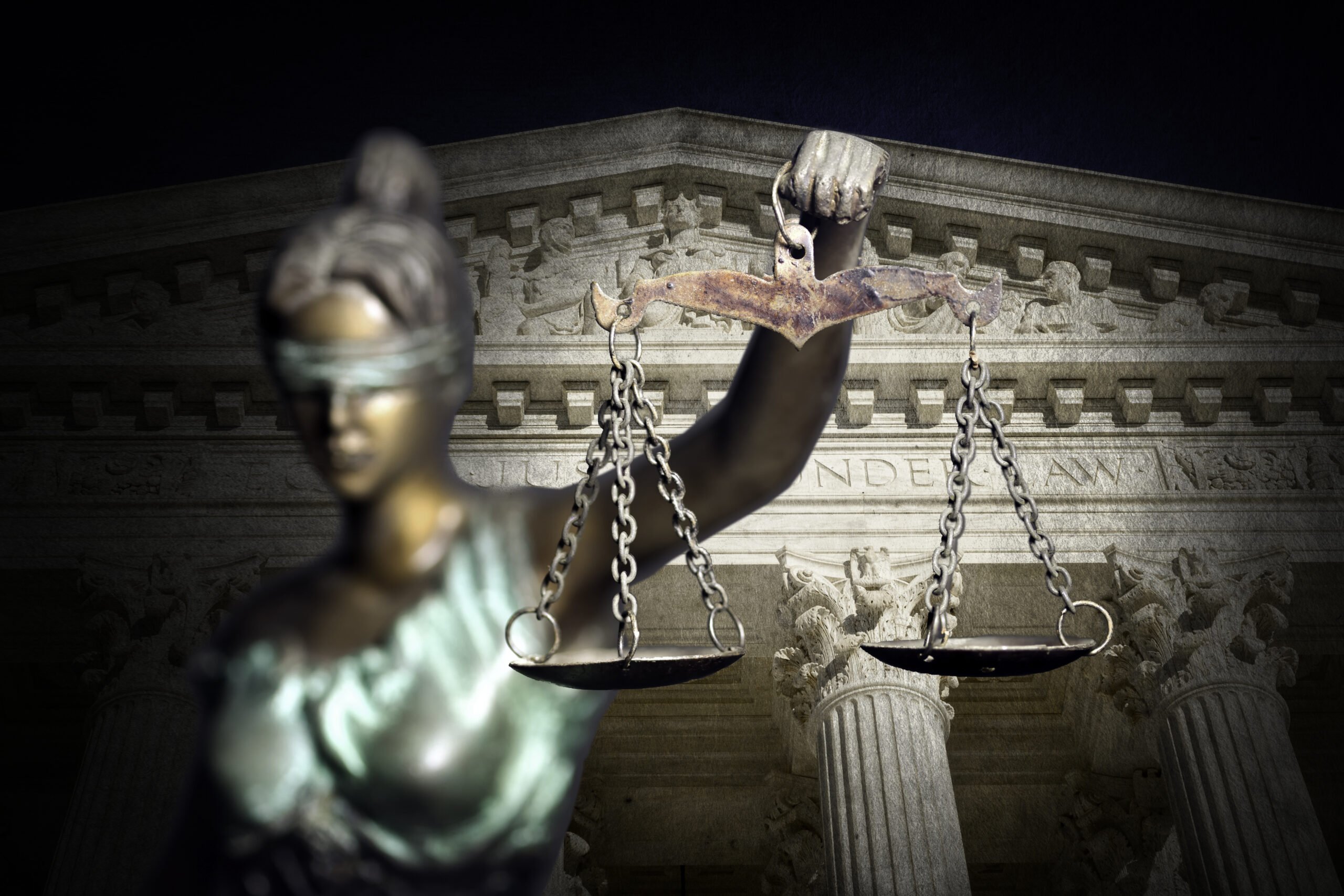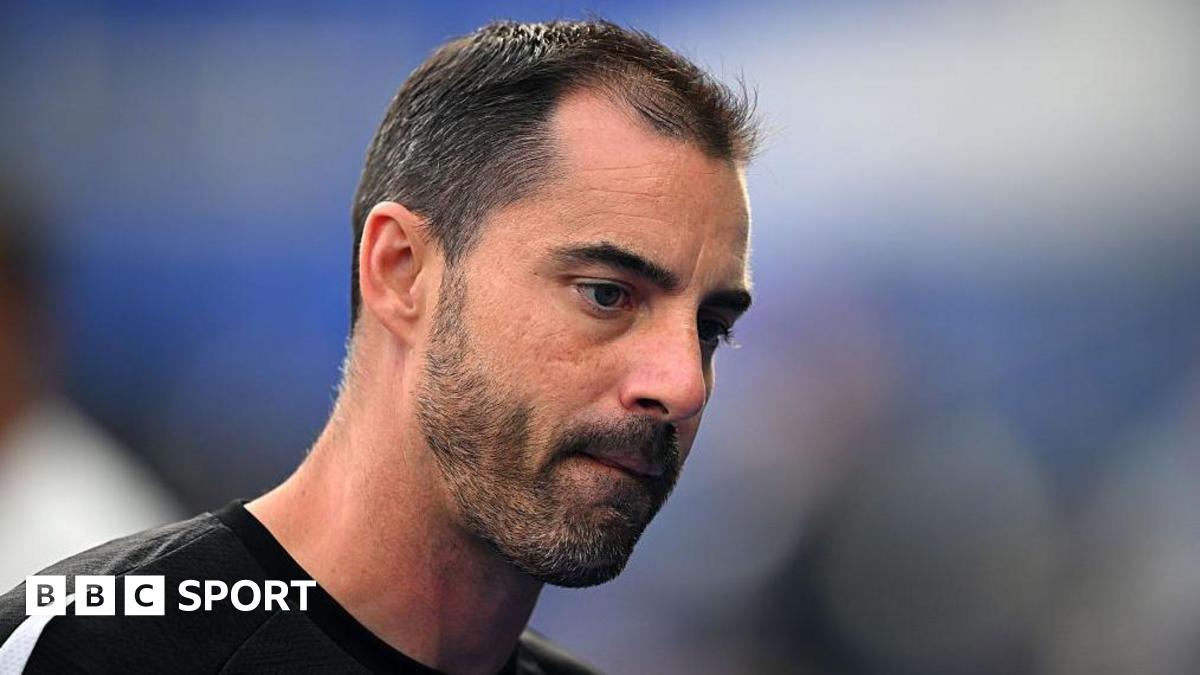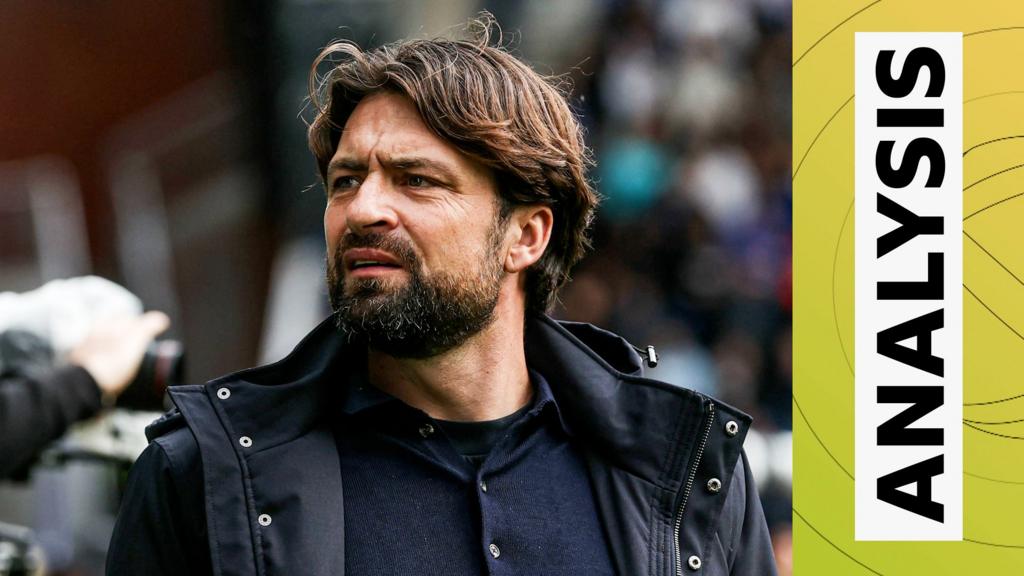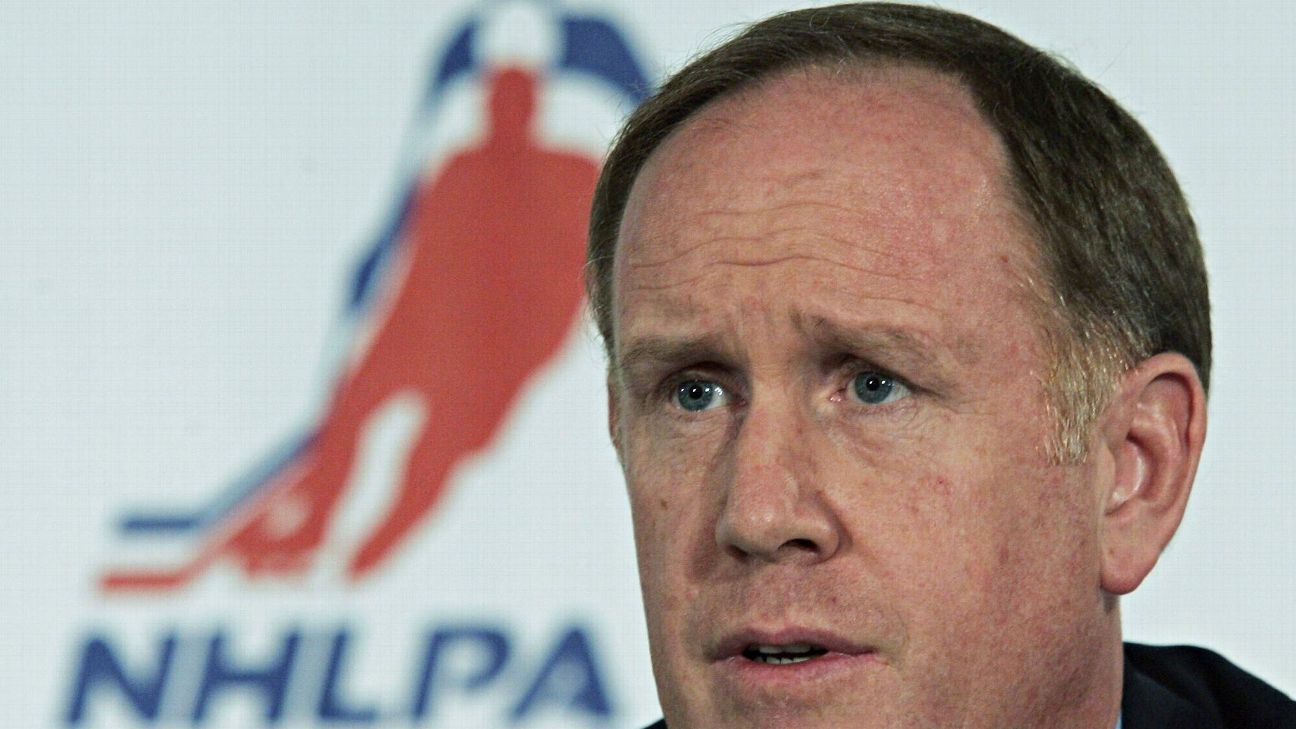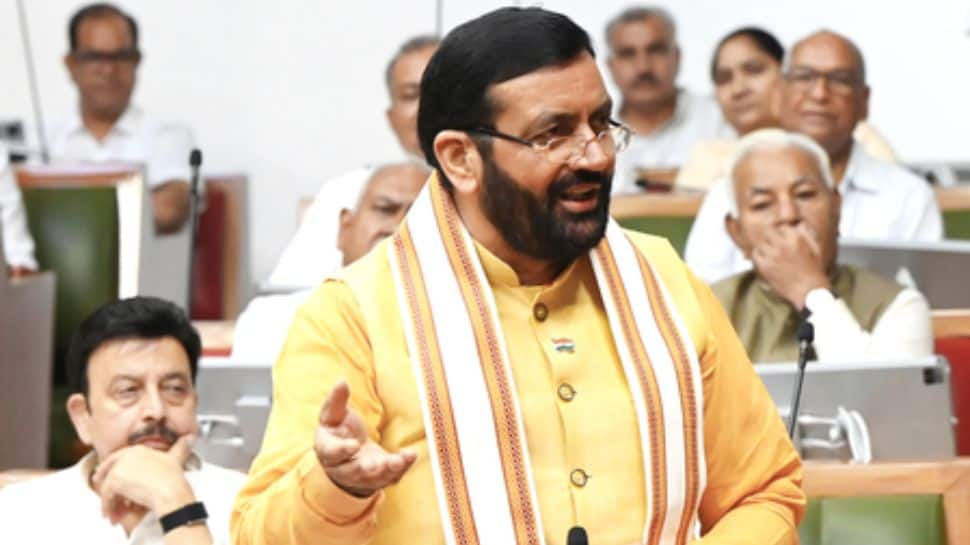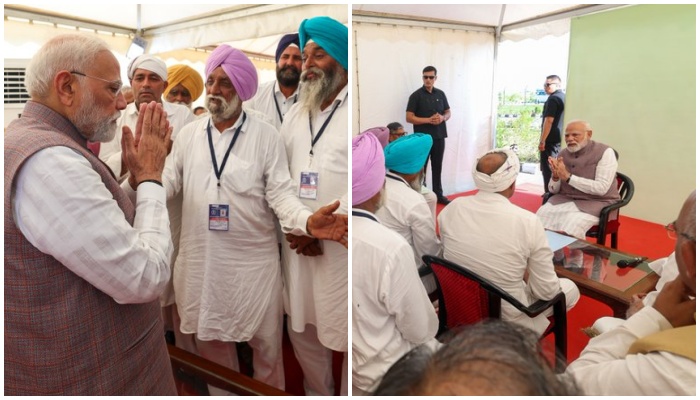‘Being a celebrity does not mean you get special facilities’: Gujarat High Court rejects TMC MP Yusuf Pathan’s plea in Vadodara government land encroachment case – Read full details here
The Gujarat High Court has dismissed a petition filed by former Indian cricketer and Trinamool Congress (TMC) MP Yusuf Pathan in a long-standing land dispute case. Justice Mauna Bhatt, while pronouncing the verdict, declared Pathan an “encroacher” on government land and said his occupation was nothing short of illegal possession. A copy of the order is available with OpIndia. The verdict was delivered on 21st August, but the order was uploaded to the court’s website only on 2nd September. The matter relates to a piece of government-owned land in Vadodara, which, according to authorities, Pathan occupied without proper approval. Vadodara Municipal Corporation (VMC) had earlier issued him a notice asking him to vacate the land. Instead of complying, Pathan approached the High Court, challenging both the municipal notice and a related order of the state government. After prolonged hearings, the court made it clear that Pathan’s possession of the land cannot be justified under the law. Pathan’s arguments in court Represented by advocate Yatin Oza, Pathan argued that the municipal corporation is an independent body under the Gujarat Provincial Municipal Corporations Act, 1949, and has full authority to lease property without requiring the state government’s approval. He pointed to the 74th Constitutional Amendment, which grants autonomy to local bodies, and said state interference was unconstitutional. Pathan’s lawyer also contended that since the corporation itself had referred the proposal to the state government, Pathan did not object at the time because everything appeared positive. He further cited Supreme Court judgments to argue that even if the state government’s nod was denied, the corporation’s powers remained intact. Adding a personal angle, Oza said Pathan was an international cricketer and now an MP, someone who had represented the country. He said Pathan was ready to pay the current market price for the land and that the corporation’s silence for 12 years implied that his occupation should be considered valid. Pathan also argued that the land in question lay right next to his bungalow, and the dispute was a matter of personal and family security. The government also dismissed Pathan’s claim about security concerns On the other hand, senior lawyer Maulik Nanavati, appearing for the municipal corporation and the state government, rejected Pathan’s arguments. He stressed that no individual has the right to occupy government or municipal land without proper approval. Since the land was to be given without a public auction, state government approval was mandatory, which is why the state had rejected the proposal in 2014. He pointed out that despite this rejection, Pathan had fenced the plot and taken it over without any formal order in his favour. This, he said, was a clear case of encroachment. Nanavati also told the court that Pathan had not paid the corporation a single rupee in the last 12 years, and his current offer to pay market rates could not undo the illegality. The government also dismissed Pathan’s claim about security concerns, saying he had never sought security from the state nor provided evidence of any threat. In fact, the lawyer argued, a public figure like a cricketer and MP was expected to follow the law even more strictly than ordinary citizens. If Pathan truly wanted the land, he could bid for it in a public auction like everyone else. What the court said After hearing both sides, Justice Mauna Bhatt ruled that since the state government had already rejected the proposal on 9th June, 2014, Pathan had no legal right over the land. His continued possession amounted to illegal encroachment. The court said that holding land unlawfully for a long time does not create ownership rights. The judge also rejected Pathan’s claim that he was ready to pay the current market value, observing that allowing such a request would set a dangerous precedent of regularising illegal occupation. The court said that possession of land illegally for a long period of time does not give rise to title. The judge also turned down Pathan’s contention that he was willing to pay the current market price, noting that giving such a plea would establish the dangerous precedent of legalising illegal occupation. The court also highlighted the fact that “Celebrities serve as social role models and their accountability is greater, not lesser. The celebrities, by virtue of their fame and public presence, wield substantial influence on public behaviour and social values. Granting leniency to such persons despite their non-abeyance of law gives a wrong message to society and undermines public confidence in the judicial system.” The court did observe that the municipal corporation had been lax by not taking action against Pathan for years after its rejection by the state government. The judge, however, made it very clear that this lapse could not be used to bolster Path
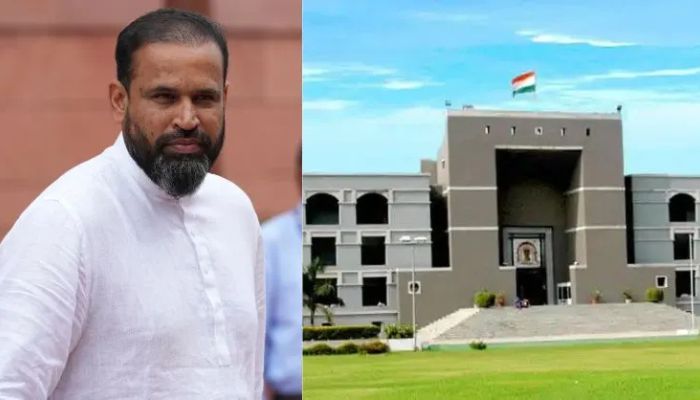


The Gujarat High Court has dismissed a petition filed by former Indian cricketer and Trinamool Congress (TMC) MP Yusuf Pathan in a long-standing land dispute case. Justice Mauna Bhatt, while pronouncing the verdict, declared Pathan an “encroacher” on government land and said his occupation was nothing short of illegal possession.
A copy of the order is available with OpIndia. The verdict was delivered on 21st August, but the order was uploaded to the court’s website only on 2nd September.
The matter relates to a piece of government-owned land in Vadodara, which, according to authorities, Pathan occupied without proper approval. Vadodara Municipal Corporation (VMC) had earlier issued him a notice asking him to vacate the land.
Instead of complying, Pathan approached the High Court, challenging both the municipal notice and a related order of the state government. After prolonged hearings, the court made it clear that Pathan’s possession of the land cannot be justified under the law.
Pathan’s arguments in court
Represented by advocate Yatin Oza, Pathan argued that the municipal corporation is an independent body under the Gujarat Provincial Municipal Corporations Act, 1949, and has full authority to lease property without requiring the state government’s approval. He pointed to the 74th Constitutional Amendment, which grants autonomy to local bodies, and said state interference was unconstitutional.
Pathan’s lawyer also contended that since the corporation itself had referred the proposal to the state government, Pathan did not object at the time because everything appeared positive. He further cited Supreme Court judgments to argue that even if the state government’s nod was denied, the corporation’s powers remained intact.
Adding a personal angle, Oza said Pathan was an international cricketer and now an MP, someone who had represented the country. He said Pathan was ready to pay the current market price for the land and that the corporation’s silence for 12 years implied that his occupation should be considered valid. Pathan also argued that the land in question lay right next to his bungalow, and the dispute was a matter of personal and family security.
The government also dismissed Pathan’s claim about security concerns
On the other hand, senior lawyer Maulik Nanavati, appearing for the municipal corporation and the state government, rejected Pathan’s arguments. He stressed that no individual has the right to occupy government or municipal land without proper approval. Since the land was to be given without a public auction, state government approval was mandatory, which is why the state had rejected the proposal in 2014.
He pointed out that despite this rejection, Pathan had fenced the plot and taken it over without any formal order in his favour. This, he said, was a clear case of encroachment. Nanavati also told the court that Pathan had not paid the corporation a single rupee in the last 12 years, and his current offer to pay market rates could not undo the illegality.
The government also dismissed Pathan’s claim about security concerns, saying he had never sought security from the state nor provided evidence of any threat. In fact, the lawyer argued, a public figure like a cricketer and MP was expected to follow the law even more strictly than ordinary citizens. If Pathan truly wanted the land, he could bid for it in a public auction like everyone else.
What the court said
After hearing both sides, Justice Mauna Bhatt ruled that since the state government had already rejected the proposal on 9th June, 2014, Pathan had no legal right over the land. His continued possession amounted to illegal encroachment. The court said that holding land unlawfully for a long time does not create ownership rights.
The judge also rejected Pathan’s claim that he was ready to pay the current market value, observing that allowing such a request would set a dangerous precedent of regularising illegal occupation. The court said that possession of land illegally for a long period of time does not give rise to title.
The judge also turned down Pathan’s contention that he was willing to pay the current market price, noting that giving such a plea would establish the dangerous precedent of legalising illegal occupation.
The court also highlighted the fact that “Celebrities serve as social role models and their accountability is greater, not lesser. The celebrities, by virtue of their fame and public presence, wield substantial influence on public behaviour and social values. Granting leniency to such persons despite their non-abeyance of law gives a wrong message to society and undermines public confidence in the judicial system.”
The court did observe that the municipal corporation had been lax by not taking action against Pathan for years after its rejection by the state government. The judge, however, made it very clear that this lapse could not be used to bolster Pathan’s case. The petition was ultimately dismissed, and the court ordered the municipal corporation to take stringent action to demolish the encroachment. Though no penalty was levied on Pathan because of the delay by the corporation, the court reaffirmed that his takeover of the land was unlawful and could never be justified.
Background of the case
The row goes back to 2012. Pathan, who owns a bungalow in Vadodara, had sought to rent the plot-side land, Plot No. 90 of around 978 square meters, for 99 years. The Vadodara Municipal Commissioner had sanctioned his application, and the corporation’s standing committee also approved it in March 2012. Subsequently, in June 2012, the municipal corporation’s general body also approved the proposal.
Then, since the land was to be given without a public auction, the proposal was sent to the Gujarat government. The state government rejected the proposal, despite which it is alleged that Yusuf Pathan had taken possession of the land.
However, the VMC did not take any action for years. In 2024, the issue came up for discussion again. Due to this, there was a lot of protest, and politics also heated up. Considering the situation, the VMC issued a notice to Pathan and asked him to vacate the land. After that, Yusuf Pathan filed a petition in the High Court against the notice and the government’s order rejecting the proposal.







